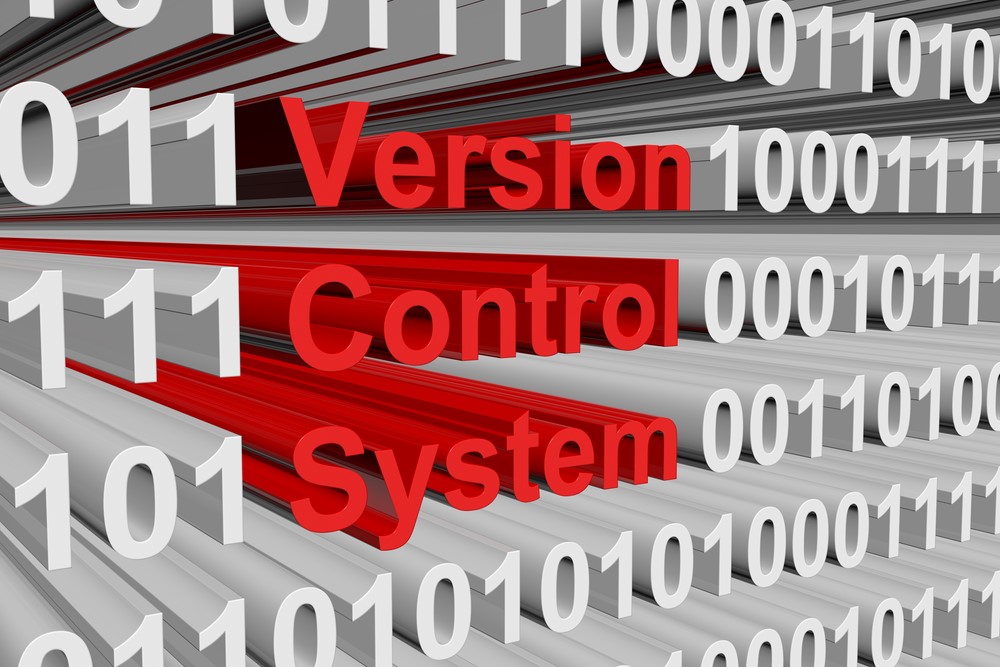
Why Version Control Is Essential For Software Development: Best Practices And Strategies

Why Version Control is Essential for Software Development
Version control is an essential component in software development for managing changes, tracking source code, and ensuring collaboration and code integrity. This article explores the importance of version control in software development and highlights the best practices and strategies to maximize its benefits.
Code Integrity and Collaboration
Version control provides several benefits that contribute to code integrity and collaboration:
1. History and Tracking of Changes
Version control systems keep a comprehensive history of changes made to the source code. Developers can track modifications, view previous versions, and understand the evolution of the codebase. This facilitates collaboration, troubleshooting, and ensures that the project progresses in the right direction.
2. Parallel Development and Branching
Version control allows for parallel development by supporting branching and merging. Developers can create separate branches to work on specific features or bug fixes without affecting the main codebase. This enables teams to work simultaneously on different tasks, reducing conflicts and enhancing collaboration.
3. Conflict Resolution and Code Reviews
Version control systems help identify and resolve conflicts that may arise when multiple developers are working on the same codebase. It provides mechanisms for merging changes, comparing versions, and resolving conflicts. Additionally, version control facilitates code reviews, enabling team members to review and provide feedback on code changes, leading to improved code quality.
Efficient Project Management
Implementing version control contributes to efficient project management in software development:
1. Release Management
Version control systems assist in managing software releases. Developers can associate specific versions or tags with releases, making it easier to identify and deploy stable and tested versions of the software. This ensures that releases are well-organized and enables efficient rollbacks if necessary.
2. Rollback and Recovery
In case of issues or bugs introduced in the code, version control allows for rollbacks to previous stable versions. This helps revert to a known working state and reduces downtime. Version control also provides a safety net for disaster recovery, allowing developers to restore the codebase to a specific point in time.
Best Practices and Strategies for Version Control
To maximize the benefits of version control, consider the following best practices and strategies:
1. Use a Version Control System
Utilize a dedicated version control system such as Git, Subversion (SVN), or Mercurial. These systems offer powerful features, branch management, and collaboration capabilities specifically designed for software development projects.
2. Establish Clear Branching and Workflow Strategies
Define clear branching and workflow strategies for your development team. Establish guidelines for creating branches, merging changes, and code review processes. This ensures consistency, reduces conflicts, and improves collaboration among team members.
3. Regularly Commit and Push Changes
Encourage developers to commit and push their changes regularly. This practice helps maintain a comprehensive history of the codebase, minimizes the risk of data loss, and facilitates collaboration and tracking of changes among team members.
4. Perform Regular Code Reviews
Incorporate code reviews as an integral part of the development process. Encourage team members to review each other's code, provide constructive feedback, and ensure adherence to coding standards and best practices. Code reviews promote code quality, knowledge sharing, and a collective sense of ownership.
In Conclusion
Version control is essential for software development projects. By providing code integrity, facilitating collaboration, enabling efficient project management, and following best practices and strategies, version control ensures a smoother and more productive development process. Implementing a robust version control system and incorporating these practices into your development workflow contribute to the overall success and quality of your software projects.